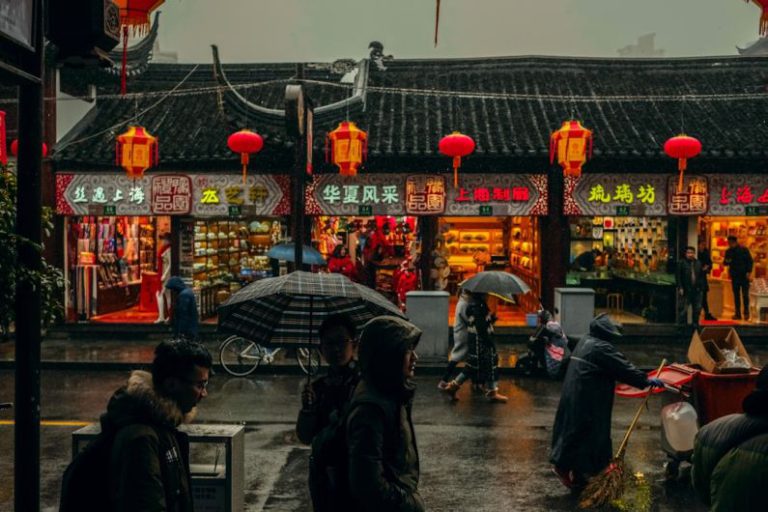Unwrapping the Mystery of Korean Tea Ceremony
Deep within the heart of Korean culture lies a tradition that is as serene as it is fascinating – the Korean Tea Ceremony. This ancient practice, steeped in history and significance, offers a glimpse into the profound respect that Koreans hold for nature, community, and mindfulness.
**The Origins of Korean Tea Ceremony**
The roots of the Korean Tea Ceremony can be traced back to the early days of the Three Kingdoms period (57 BC – 668 AD) when tea was first introduced to the Korean peninsula from China. Initially, tea was primarily consumed for its medicinal properties, but over time, it evolved into a symbol of hospitality, friendship, and spiritual enlightenment.
**The Art of Preparation**
Central to the Korean Tea Ceremony is the art of preparation. Unlike the elaborate and structured tea ceremonies of Japan, the Korean Tea Ceremony is characterized by its simplicity and focus on natural beauty. The preparation of tea involves meticulous attention to detail, from selecting the finest tea leaves to arranging the utensils in an aesthetically pleasing manner.
**The Importance of Mindfulness**
At the core of the Korean Tea Ceremony is the practice of mindfulness. Participants are encouraged to be fully present in the moment, savoring each sip of tea with intention and gratitude. This emphasis on mindfulness fosters a sense of inner peace and tranquility, allowing participants to connect with themselves and the world around them.
**The Role of Nature**
Nature plays a central role in the Korean Tea Ceremony, with practitioners drawing inspiration from the natural world in every aspect of the ritual. From the use of locally sourced tea leaves to the incorporation of seasonal flowers and plants in the tea room, nature is revered as a source of wisdom and harmony.
**Tea as a Symbol of Community**
In Korean culture, tea is more than just a beverage – it is a symbol of community and connection. The act of sharing tea with others is seen as a way to foster relationships, promote harmony, and create a sense of unity among participants. The Korean Tea Ceremony provides a space for individuals to come together, engage in meaningful conversation, and cultivate deep bonds with one another.
**The Modern Revival**
While the Korean Tea Ceremony has ancient origins, it continues to thrive in modern times. In recent years, there has been a resurgence of interest in traditional Korean tea culture, with a growing number of people seeking to learn about and participate in the ceremony. This revival is a testament to the enduring appeal of the Korean Tea Ceremony and its timeless message of mindfulness, respect, and unity.
**Embracing the Spirit of the Korean Tea Ceremony**
In a fast-paced world filled with distractions and stress, the Korean Tea Ceremony offers a much-needed moment of respite and reflection. By embracing the spirit of the ceremony – with its focus on mindfulness, nature, and community – we can tap into a deeper sense of peace and connection in our own lives. Just as each cup of tea is a blend of flavors and aromas, the Korean Tea Ceremony is a blend of tradition and modernity, history and innovation, coming together to create a truly unique and enriching experience.






